| EDITOR'S NOTE: In recent years, many young Vietnamese people have chosen to work and study abroad. Living far away from home, they face many difficulties but feel warm when they are loved and helped by international friends. VietNamNet introduces a series of articles on the lives of Vietnamese workers abroad with stories from young people living and working in countries such as Japan, Korea, Australia, etc. |
Change work environment
Last month, Nguyen Thi Nhung (28 years old, from Dak Lak ) took advantage of her day off to cook pho for her Japanese friend. Although she was missing many ingredients, Nhung's pho made her friend happy.
Nhung met this friend after 1 year of working in Kyoto, Japan. Last year, Nhung came to Japan with a Tokutei visa (also known as Tokutei Ginou, specific skills visa) in the Nursing Care (Kaigo in Japanese).
Nhung went to Japan to work at the hospital.
Previously, Nhung worked in the care of newborns, pregnant women and postpartum mothers. Having a passion for taking care of people, she went to Japan to try her hand and develop her skills.
Nhung's life in Japan is still full of difficulties. The biggest obstacle she faces is language, followed by culture, lifestyle, weather, etc.
Nhung said that nurses usually work in hospitals and nursing homes. Of these, working in nursing homes is more difficult and stressful.
Nhung was lucky enough to be accepted to work at the hospital. Every day, Nhung is responsible for helping patients eat, change diapers, bathe them, and take them to the examination room, for tests, etc.
At first, because her Japanese was limited, Nhung had trouble adapting and working smoothly. Her colleagues made things difficult for her.
Nursing work is hard but meaningful.
One time, Nhung was stressed, feeling sorry for herself, and tears welled up in her eyes. An old Japanese woman came to hug her and comfort her. “At that moment, I felt like I was next to my grandmother, so I suddenly burst into tears,” Nhung confided.
Encouraged by the old lady, Nhung felt more optimistic and happy. She felt that the world around her was still filled with love.
Special remuneration of nursing staff
Nhung is ready to entertain, braid hair, etc. to serve patients.
At the hospital, Nhung works regular hours, with 9 days off a month. Of these, Nhung gets to choose 3 days, the rest are arranged by the hospital.
In addition, Nhung also signed up for night shifts. She will work nights about 8-9 days a month, depending on the hospital's arrangements. Each shift lasts 16.5 hours, from 4pm the previous day to 8:30am the next day.
Before her shift, Nhung tried to catch up on sleep and get enough sleep. During her night shift, she had a 2.5 hour break. After the break, she drank tea continuously to stay awake. However, this trick caused her to have trouble sleeping.
Nhung shared: “Working at night is quite tiring and affects your health. I advise you not to choose to work at night if possible. Currently, I am working and studying at university, preparing for the Japanese language certificate exam and a higher certificate in Nursing.
So I chose to work the night shift to get extra benefits.”
Vietnamese girl receives much love from Japanese grandmothers
Nhung’s job requires patience, receptivity and listening to the patient’s story. For older patients, Nhung must be even more patient and calm in all situations.
“Some elderly people were admitted to the hospital with unclear minds and inappropriate actions and words. When they pushed or scolded me, I gently explained and asked the nurses and doctors for help,” Nhung said.
In Japan, relatives do not need to go to the hospital to take care of patients. Therefore, they put all their trust in the nursing staff and doctors.
When on duty, Nhung is ready to do all the legitimate requests of the patients. She is willing to clown, braid hair, sew clothes, take them for a walk, etc.
Thanks to her “family-like” working spirit, she is loved by the elderly women. They often give her gifts, cakes, knitted scarves, and handwritten thank-you letters…
Gifts and handwritten letters from patients to Nhung
Recently, two old ladies asked the hospital staff to deliver a handwritten letter to Nhung with the content: “Thank you for helping us for a long time. Take care of your health, try your best at work, thank you very much.”
Receiving the letter, Nhung was very touched and happy. She was grateful for the love the elderly had given her. For Nhung, the elderly being healthy was a special reward that made her experience in Japan more interesting and meaningful.
Photo: Character provided
Vietnamnet.vn
Source: https://vietnamnet.vn/sang-nhat-lam-ho-ly-co-gai-viet-nhan-thu-lao-dac-biet-tu-nguoi-benh-cao-tuoi-2332274.html


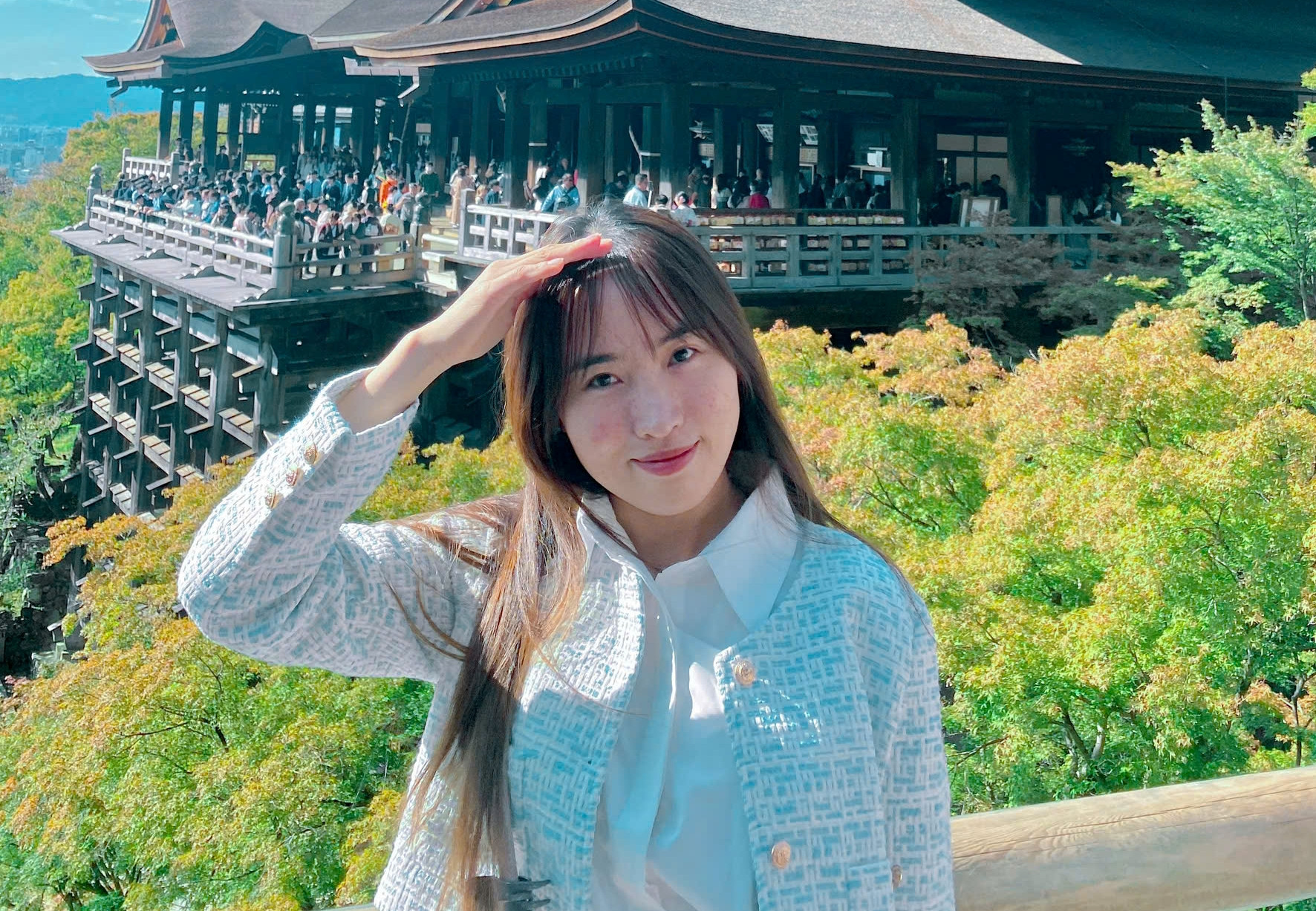


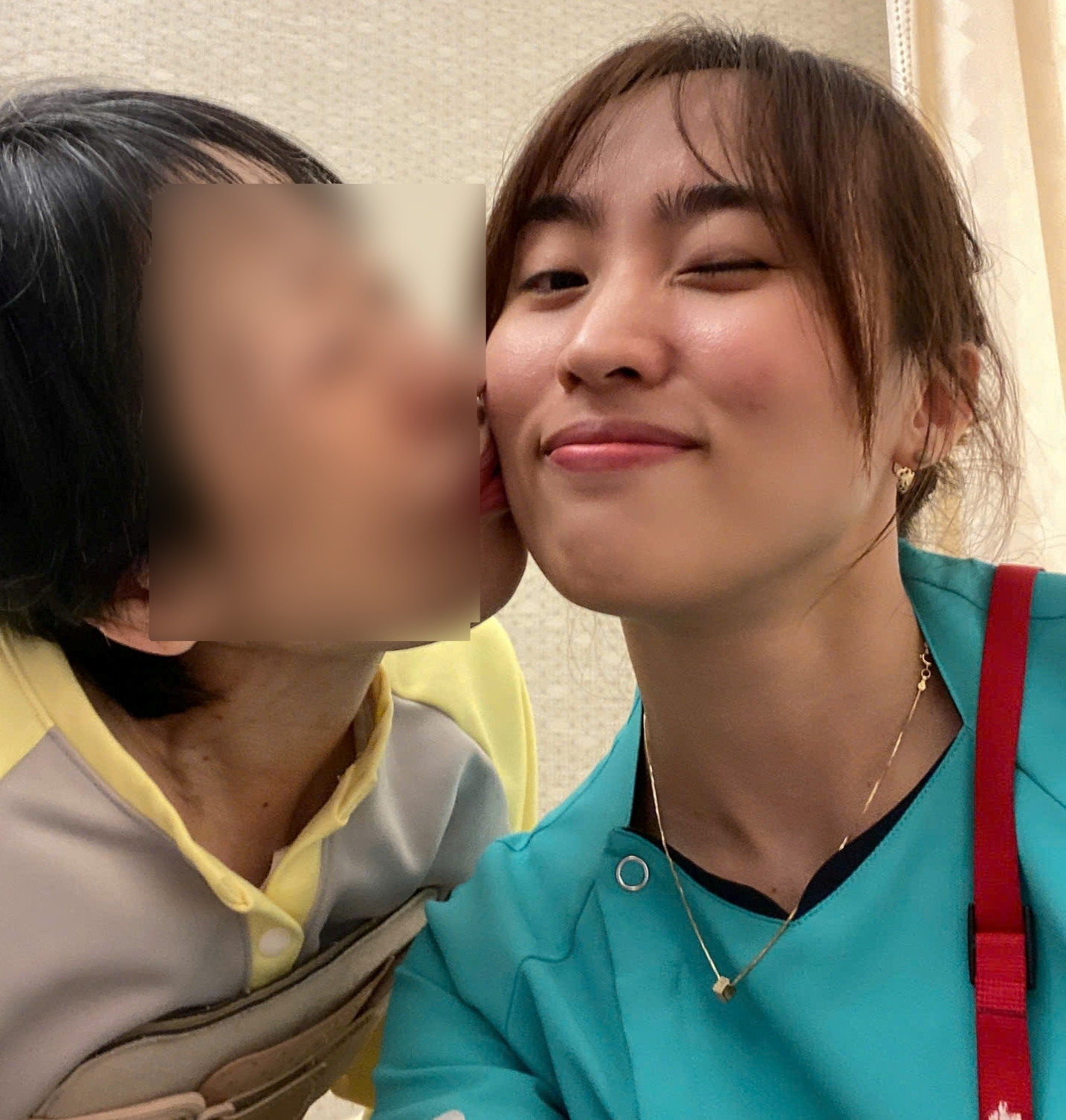
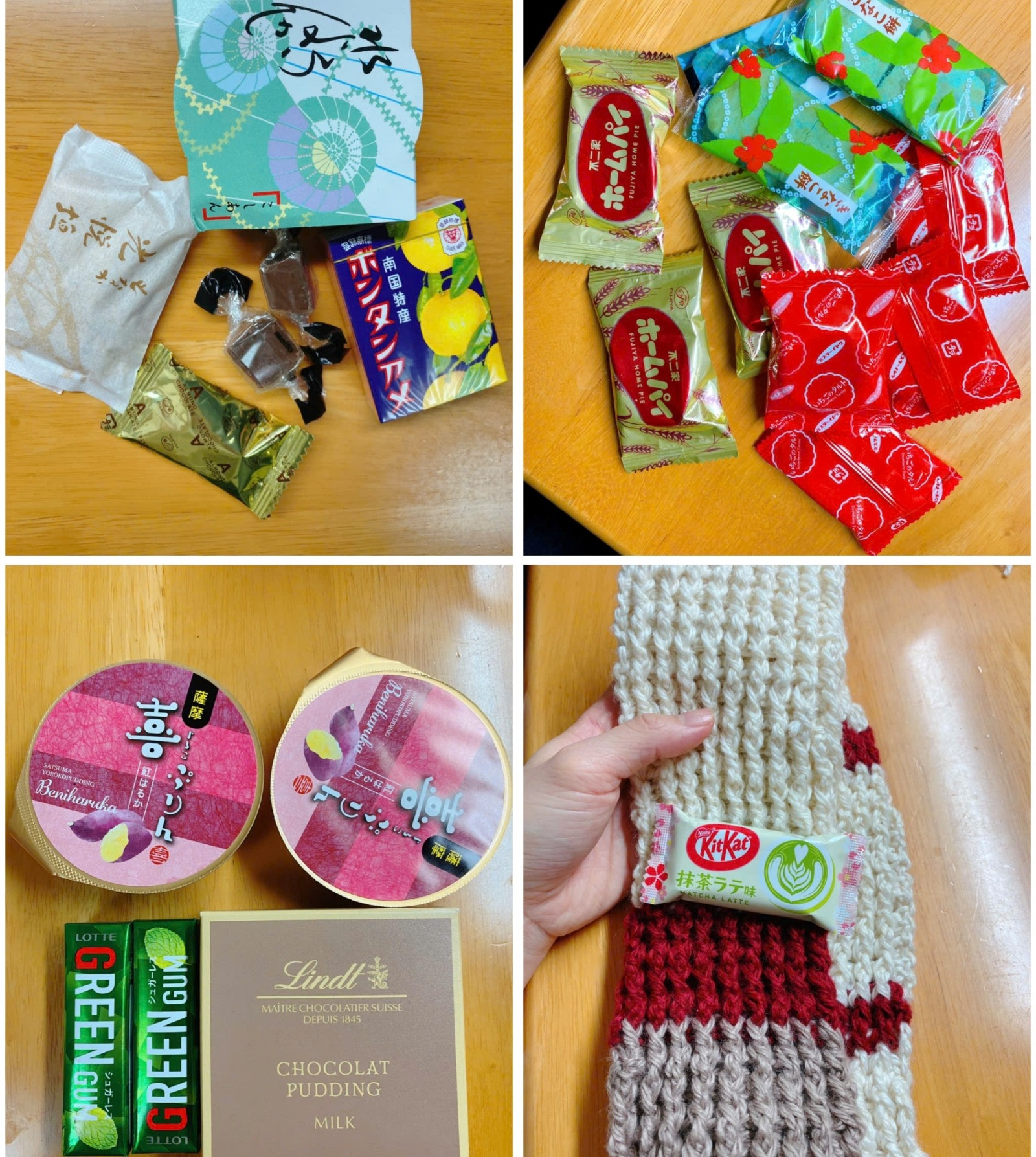
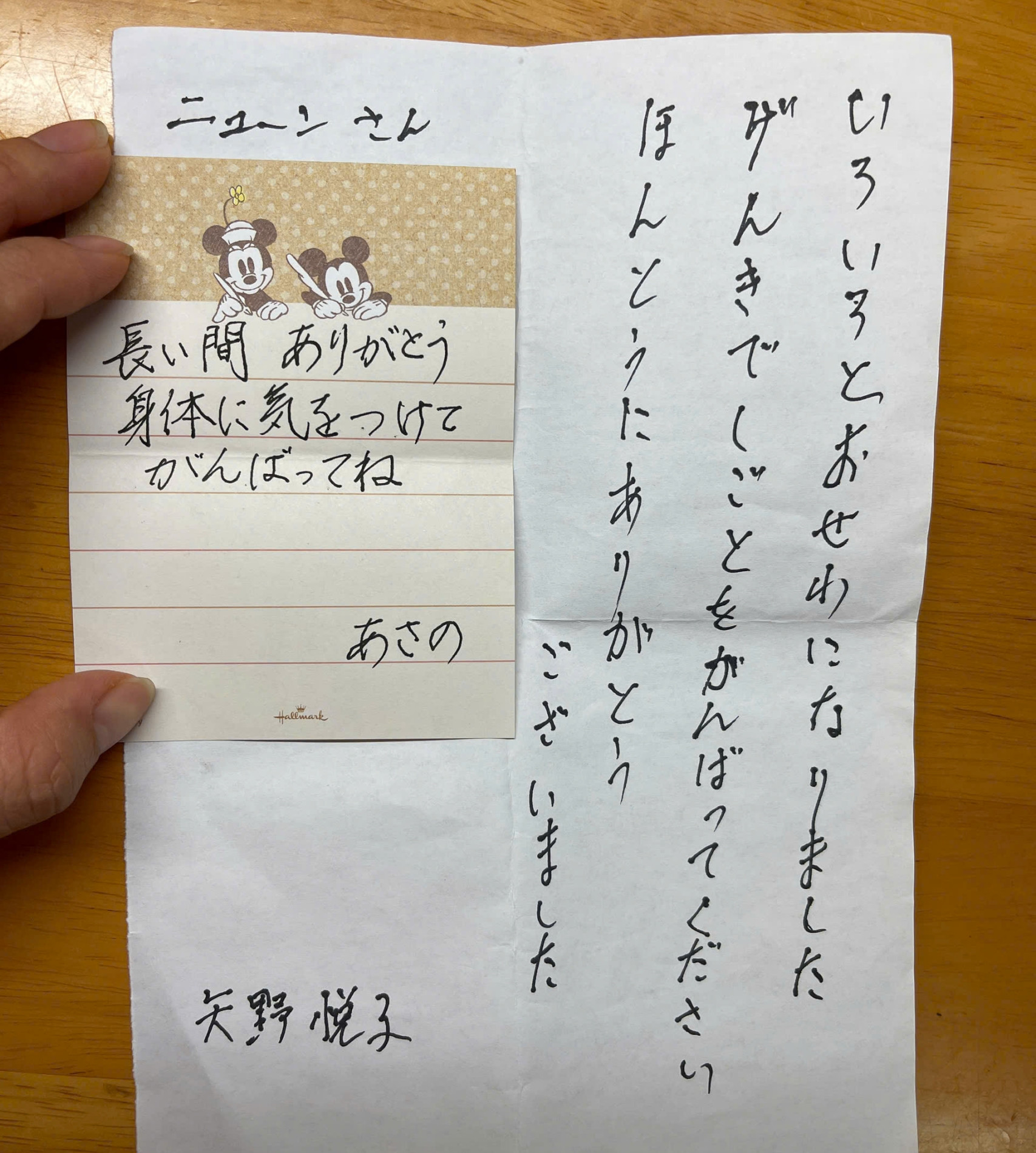
![[Photo] More than 17,000 candidates participate in the 2025 SPT Competency Assessment Test of Hanoi National University of Education](https://vphoto.vietnam.vn/thumb/1200x675/vietnam/resource/IMAGE/2025/5/17/e538d9a1636c407cbb211b314e6303fd)


![[Photo] Prime Minister Pham Minh Chinh chairs meeting on science and technology development](https://vphoto.vietnam.vn/thumb/1200x675/vietnam/resource/IMAGE/2025/5/17/ae80dd74c384439789b12013c738a045)
![[Photo] Readers line up to visit the photo exhibition and receive a special publication commemorating the 135th birthday of President Ho Chi Minh at Nhan Dan Newspaper](https://vphoto.vietnam.vn/thumb/1200x675/vietnam/resource/IMAGE/2025/5/17/85b3197fc6bd43e6a9ee4db15101005b)



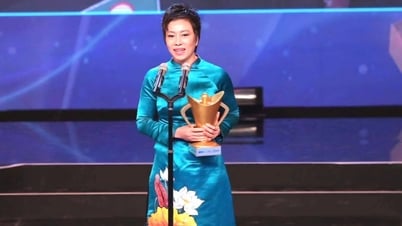








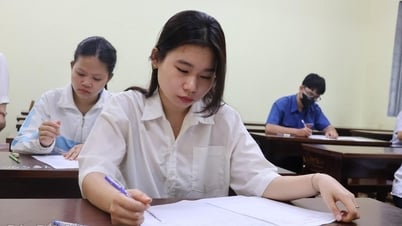






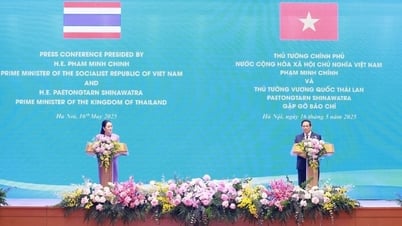


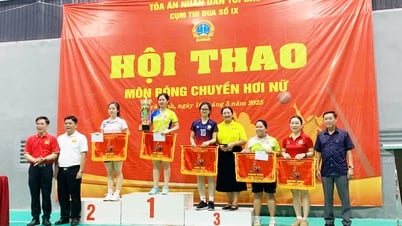
![[Photo] Nearly 3,000 students moved by stories about soldiers](https://vphoto.vietnam.vn/thumb/1200x675/vietnam/resource/IMAGE/2025/5/17/21da57c8241e42438b423eaa37215e0e)



































































Comment (0)